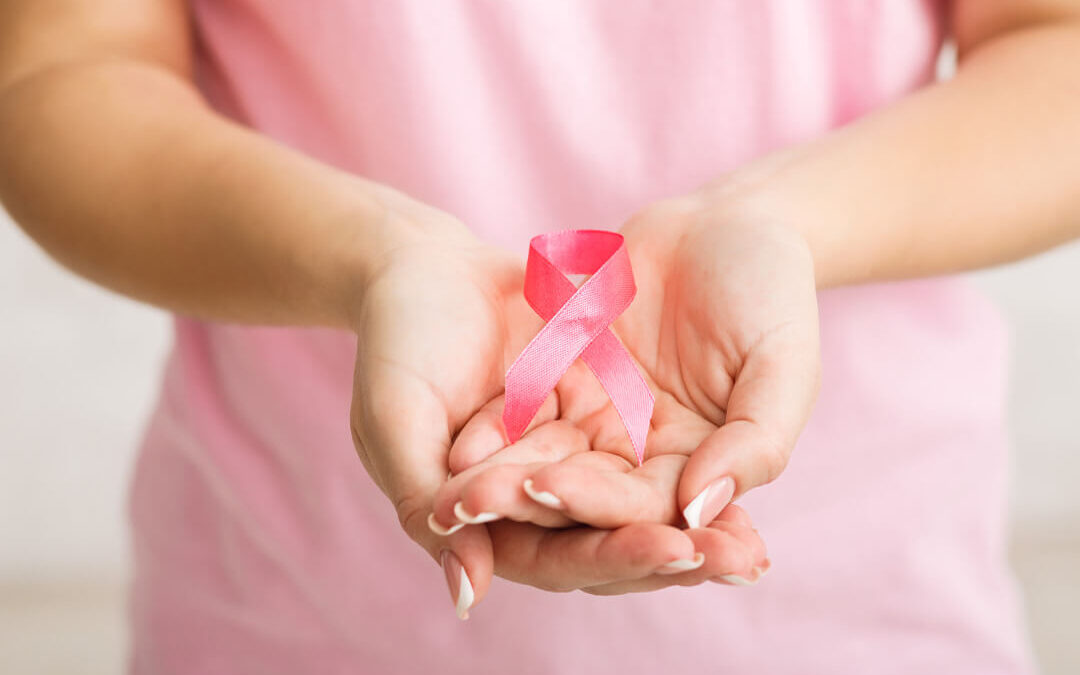Breast cancer is the second most widespread cancer in women. In fact, about 1 in 8 U.S. women will emerge with invasive breast cancer. The best way to go about treating breast cancer, and cancer in general, is by identifying it at an early stage. Generally, it is suggested that all women aged 40 and above get a yearly mammogram. Regular screenings can identify a lump or irregularity years before it can be physically detected. Wondering what Medicare covers in relation to breast cancer screenings? We’re here to help.
Breast Cancer General Overview
According to the American Cancer Society (ACS), there will be 281,550 new cases of invasive and 49,290 new cases of non-invasive breast cancer in this year alone. Over the years, there has been a 0.5% increase in breast cancer detections. Breast Cancer is recognized as the second most leading cause of cancer-related deaths in women. Since 2007, death rates have been constant in women 49 years old and younger. However, death rates have seen a decline among older women. From the years 2013 to 2018, the death rate decreased by 1% per year. This decrease can be linked to early detection, growing awareness, and better treatment options. Although breast cancer may be the second leading cause of cancer death, there is a 5-year survival rate of 99% for women with localized breast cancer. For early treatment and diagnosis, make sure to get a yearly mammogram.
So, What Does Medicare Cover?
Medicare covers yearly mammogram screenings for women aged 40 and above. For those with family history, Medicare pays for one baseline mammogram for women aged 35-39. Additionally, the organization covers all the necessary diagnostic mammograms and other types of testing. To go into more detail, Medicare covers:
1. Screening Mammograms
As mentioned earlier, Medicare covers 2D and 3D screening mammograms annually for women over the age of 39. With this service, patients will not have to pay anything for the screening mammogram if their doctor or health care provider accepts the assignment. One thing to note is that Medicare does not cover female beneficiaries younger than 35.
2. Diagnostic Mammograms
For those with a family history of breast cancer, Medicare will help pay for diagnostic mammograms more often than once a year, if necessary. Unlike the screening mammograms, patients will have to pay 20% of the Medicare-approved amount once the Part B deductible is met. Keep in mind that the price of each mammogram can vary depending on the type of plan you have so check in with your provider for the details.
Key Takeaways
When it comes to breast cancer, proper screening and detection is the best way to keep your mind at ease. Women at the age of 40, either low or high-risk, must be attentive to the irregularities in their bodies. In addition to a yearly mammogram, women must perform self-examinations to check for lumps and changes. Haven’t scheduled your yearly mammogram yet? Talk to your healthcare provider to schedule a visit today.


Recent Comments